Introduction Korean Grammar ‘-나요?’
Learning Korean grammar can be challenging, but breaking it down into manageable lessons can make it easier. Today, we will explore the grammar pattern ‘-나요?,’ which is used to ask questions politely or to seek confirmation in Korean. This lesson will help you understand and use this form effectively.
Learn Korean with JAEM : Improve your Korean with our app through free lessons and courses. And also, Join our 4-week challenge program to progress from upper-beginner to master level with Native Korean Coaches. Strat to study Korean more!
Our Book: Don’t miss out on our comprehensive book that covers essential Korean language skills and strategies. See our books and study with us! 🙂
AI Writing Practice Program: Enhance your writing skills with JAEM TOPIK, our AI-powered practice program. Get personalized feedback and TOPIK tips to elevate your Korean writing. Study TOPIK writing yourself and get high TOPIK score!
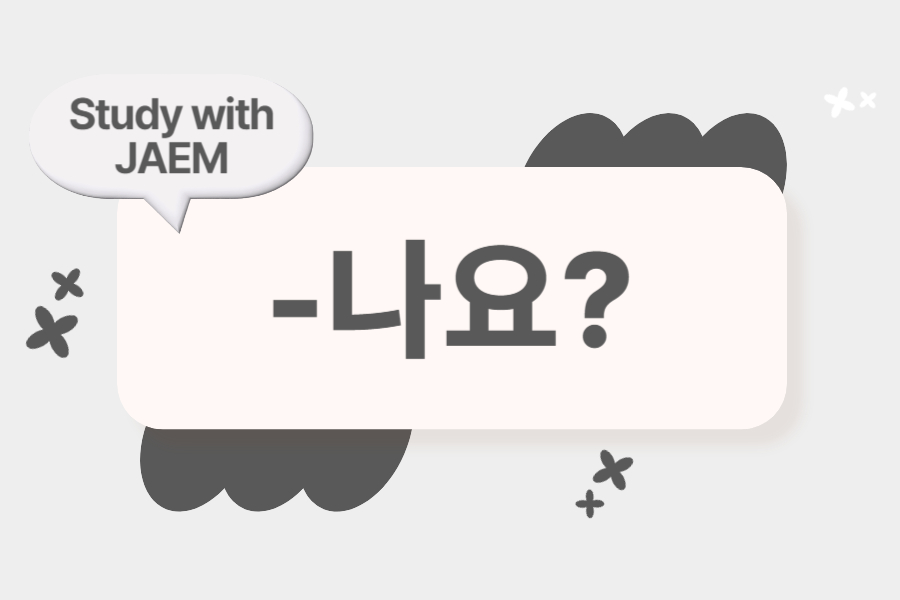
Jump to:
Grammar Explanation
The grammar pattern ‘-나요?’ is used to ask questions politely or to seek confirmation. It can be translated as “Is it…?” “Does it…?” “Do you…?” or “Are you…?” in English, depending on the context. This form is commonly used to show curiosity or polite inquiry.
Formation:
- For verb stems, add ‘-나요?’
- For adjective stems, add ‘-ㄴ가요?’
| Verb/Adjective | Stem | Form | Example Sentence |
|---|---|---|---|
| 가다 (to go) | 가 | 가나요? | 학교에 가나요? (Are you going to school?) |
| 먹다 (to eat) | 먹 | 먹나요? | 밥을 먹나요? (Are you eating a meal?) |
| 예쁘다 (pretty) | 예쁘 | 예쁜가요? | 그녀는 예쁜가요? (Is she pretty?) |
| 좋다 (good) | 좋 | 좋은가요? | 날씨가 좋은가요? (Is the weather good?) |
Examples
Verb Examples:
- 보다 (to see)
- 보나요? = Do you see?
- 영화를 보나요? = Are you watching a movie?
- 살다 (to live)
- 사나요? = Do you live?
- 서울에서 사나요? = Do you live in Seoul?
- 읽다 (to read)
- 읽나요? = Do you read?
- 책을 읽나요? = Are you reading a book?
- 마시다 (to drink)
- 마시나요? = Do you drink?
- 커피를 마시나요? = Are you drinking coffee?
Adjective Examples:
- 크다 (big)
- 큰가요? = Is it big?
- 그 집은 큰가요? = Is that house big?
- 작다 (small)
- 작은가요? = Is it small?
- 고양이가 작은가요? = Is the cat small?
- 좋다 (good)
- 좋은가요? = Is it good?
- 날씨가 좋은가요? = Is the weather good?
- 나쁘다 (bad)
- 나쁜가요? = Is it bad?
- 기분이 나쁜가요? = Are you feeling bad?
Usage in Context
When using Grammar in different contexts, it emphasizes polite questioning or seeking confirmation.
Polite Inquiries:
- 지금 시간이 있나요? = Do you have time now?
- 이 음식이 맛있나요? = Is this food delicious?
- 그는 오늘 바쁜가요? = Is he busy today?
- 내일 날씨가 좋은가요? = Is the weather good tomorrow?
Seeking Confirmation:
- 회의가 끝났나요? = Has the meeting ended?
- 숙제를 다 했나요? = Have you finished your homework?
- 그녀가 왔나요? = Has she come?
- 기차가 도착했나요? = Has the train arrived?
Expressing Curiosity:
- 그 영화가 재미있나요? = Is that movie interesting?
- 그 책이 유명한가요? = Is that book famous?
- 그 가수가 유명한가요? = Is that singer famous?
- 그 식당이 인기 있나요? = Is that restaurant popular?
Cultural Insight: In Korean culture, using ‘-나요?’ is a polite way to ask questions and show curiosity without being intrusive. It is commonly used in both formal and informal conversations to express politeness and respect.
Common Mistakes
Common Mistakes:
- Incorrect: 예쁜요? (Incorrect particle)
- Correct: 예쁜가요? = Is it pretty?
Mistake Explanation: Ensure that the correct form ‘-나요?’ or ‘-ㄴ가요?’ is used based on whether the stem is a verb or an adjective.
Related Grammar Points
Explore these related grammar points to deepen your understanding:
- -습니까?: To ask questions very formally.
- -아요/어요?: To ask questions in informal polite speech.
- -지요?: To seek agreement or confirmation.
- -ㄹ까요?: To ask for opinions or make suggestions.
Practice Exercises
Practice Makes Perfect!
- Exercise 1: Conjugate the following verbs/adjectives using ‘-나요?.’
- 가다 (to go)
- 먹다 (to eat)
- 크다 (big)
- 좋다 (good)
Answer Key:
- 가나요?
- 먹나요?
- 큰가요?
- 좋은가요?
- Exercise 2: Create sentences using this grammar for the following situations:
- Are you going to school?
- Is she pretty?
- Is that house big?
- Are you drinking coffee?
Answer Key:
- 학교에 가나요?
- 그녀는 예쁜가요?
- 그 집은 큰가요?
- 커피를 마시나요?
Download the workbook for more exercises and practice.
Summary and Conclusion
Today, we covered the grammar point and how to use it to ask questions politely or to seek confirmation in Korean. This pattern is essential for showing curiosity and politeness in both formal and informal conversations. Continue practicing with our workbook and check out related lessons for more in-depth learning.
If you have any questions or suggestions, feel free to comment below. Happy learning!
Learn Real Korean with JAEM!
Learn Korean with JAEM Korean App & 4-week Challenge: Discover the best way to learn real Korean with our comprehensive app. Enjoy a wide variety of free lessons and courses designed to help you master the language. Also, our unique 4-week challenge program guides you from an upper-beginner level to a master course, all under the guidance of Native Korean Coaches. Whether you’re just starting out or looking to refine your skills, this program offers an effective path to fluency.
AI Korean Writing Practice Program: Take your Korean writing to the next level with JAEM TOPIK, our innovative AI writing practice program. This service provides personalized feedback and practical tips tailored to your learning needs. With a focus on improving your Korean writing, JAEM TOPIK also offers specific strategies for excelling in the TOPIK exam. Benefit from expert insights and targeted advice to enhance your proficiency and confidence in writing.
Our Book: Additionally, explore our comprehensive book that covers essential Korean language skills and strategies. This valuable resource complements our app and AI program, providing a holistic approach to mastering Korean.

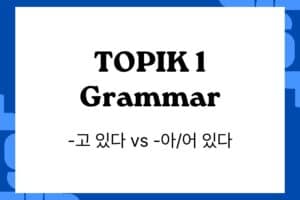
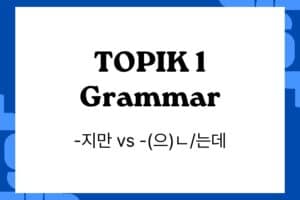
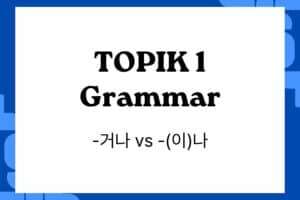
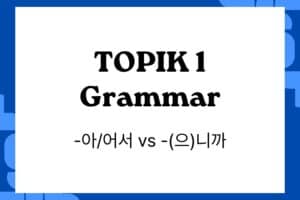
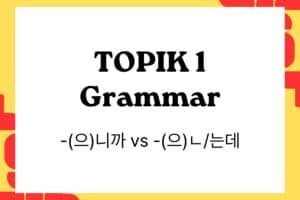
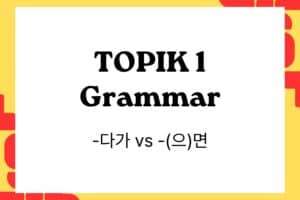
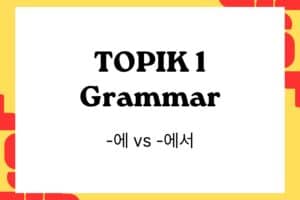
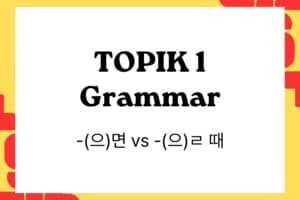
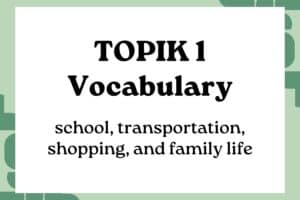
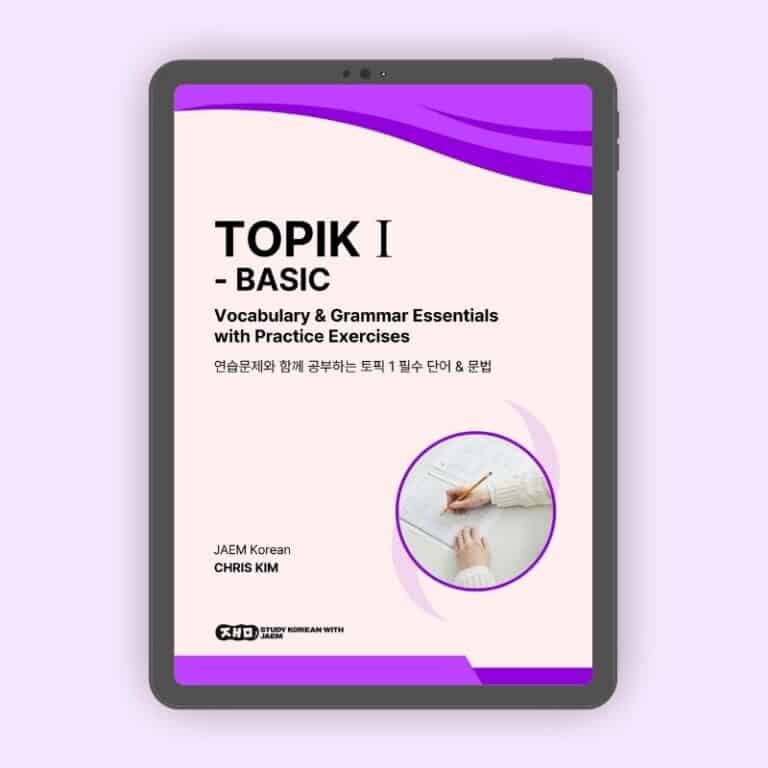
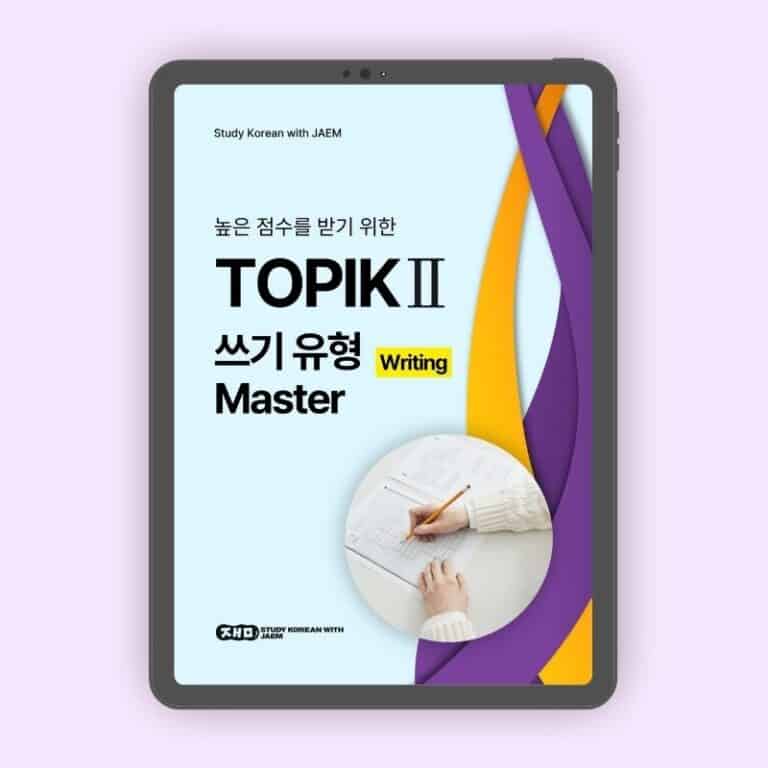
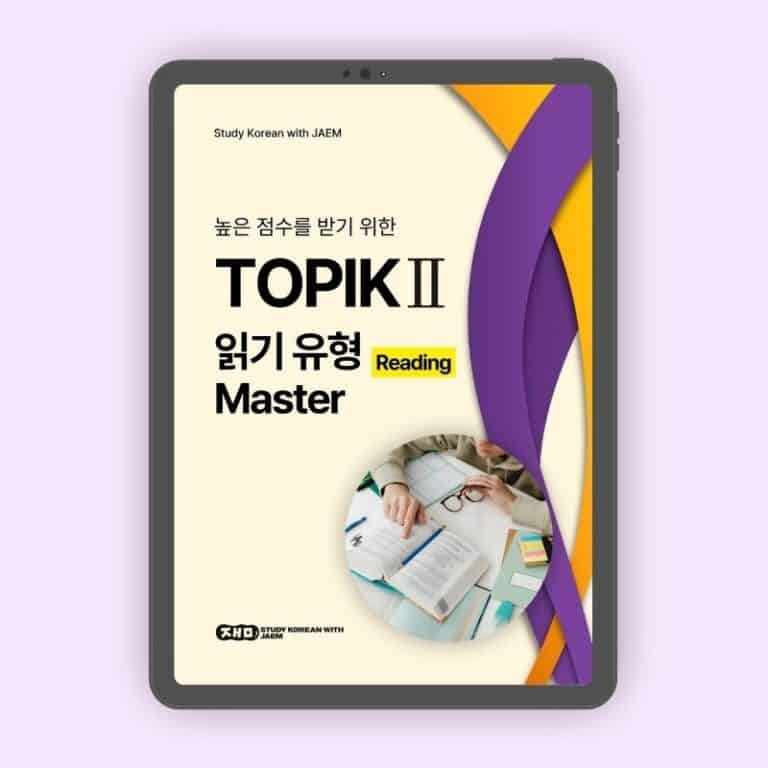

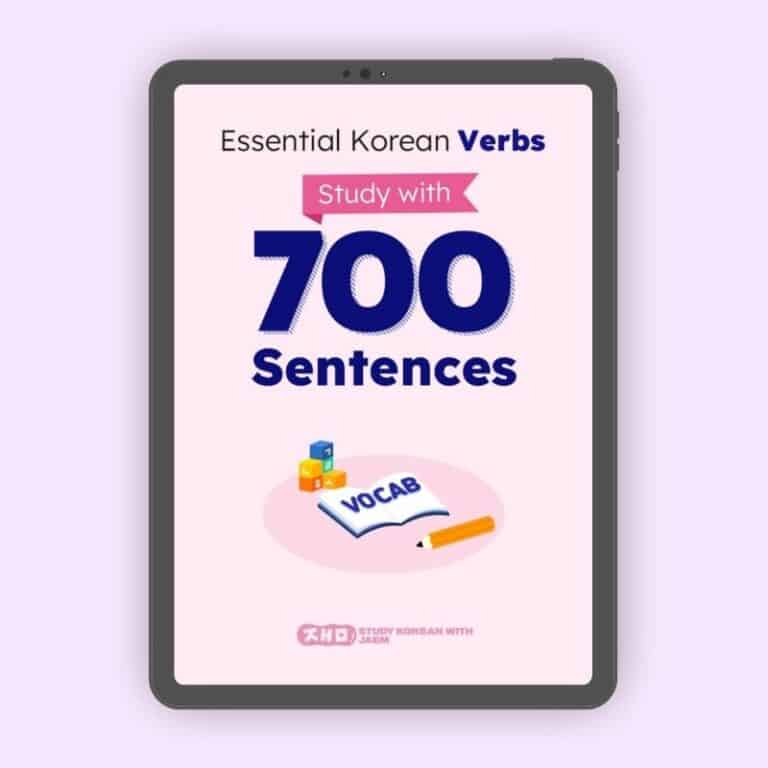
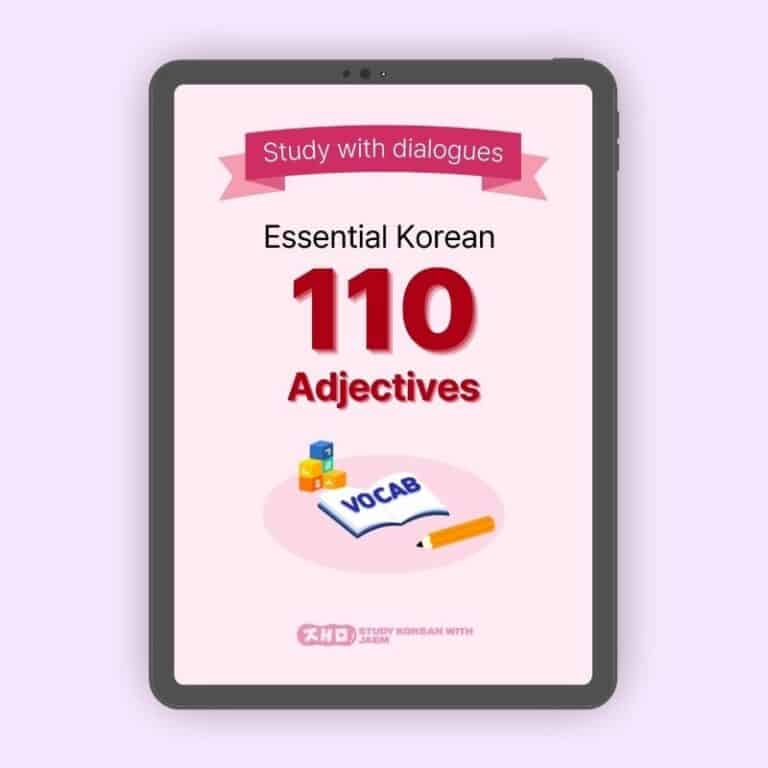

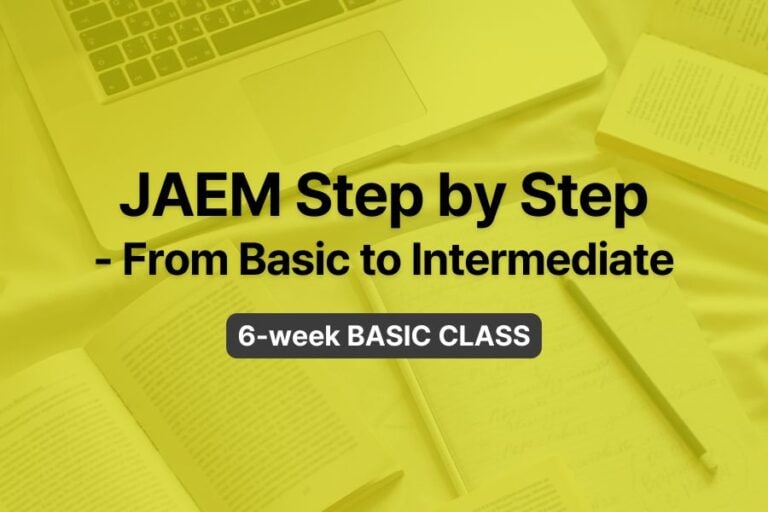

Responses